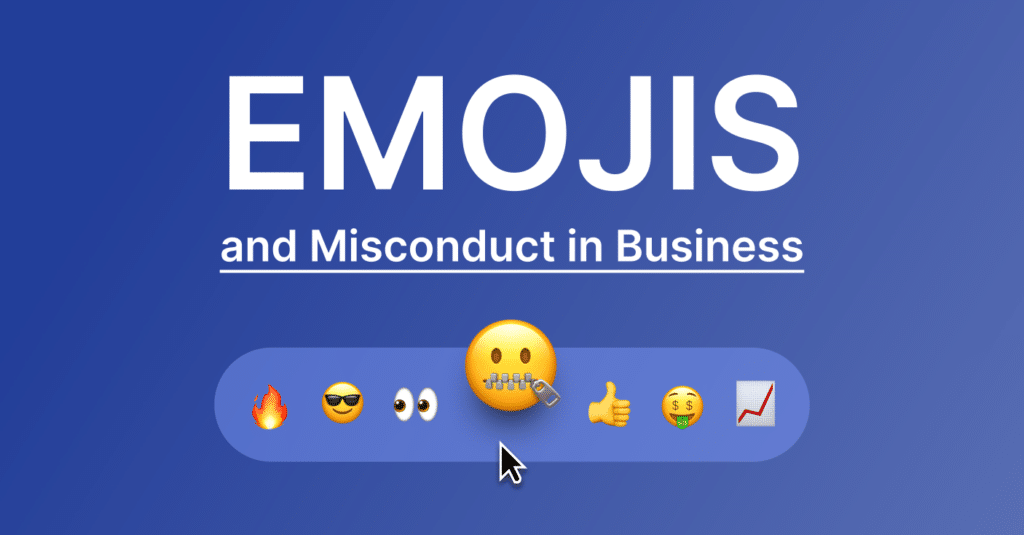Why are Archiving Solutions Making Case Management Extra Challenging

A compliance officer has likely never uttered these words, “I wish that my regtech solution made case management even more challenging.” But that’s the current reality with existing communications archiving solutions. Because we all know that compliance officers have it “easy.” They need to stretch and rise to do things that actually challenge them more than COVID did, right?
Every compliance officer reading this article is probably cringing or wincing. Those in financial services who deal with case management daily handling everything from account holder requests to providing insights on suspicious activity are nodding in agreement – they’ve all seen how tough COVID has been on their colleagues in compliance. It’s not like that department had it easy before COVID. Au contraire!
Remaining current with constantly shifting regulations is a full-time job. Adjusting policies and practices to accommodate those changes is not something achieved with the flick of a switch. Playing in a global market where each market changes its policies in different ways at different times of the year compounds the challenge of case management when archived communications data must be retrieved. Bottom line? Compliance officers are unhappy with their existing communications archiving solutions because it makes case management extra challenging.
Play it again, Sam …
Maybe the most misquoted movie line of all time went unnoticed there, or maybe you caught the double entendre …? If you can’t go back to the archive to replay what you think you heard, how do you know if it was even said? Indeed, that’s the conundrum that compliance officers face every day. In pop culture, everyone can afford to make a mistake like a misquote. However, there’s no wiggle room for error in case management of suspected market fraud.
If the archive is generally inaccessible and takes X number of days to file the report to request access, and then it takes X + Y days to get the one guy left in the building who has some legacy R-script code on his old laptop which is the only way to play the file, there may as well be no archive at all. Accessibility is as critical as archiving the communications data. Having the record is essential, but if you can’t get to it or you can’t play it back, what’s the point of having it in the first place? Case managers often lament the general lack of accessibility which is typical of most communications archiving solutions.
Archiving makes people generally unhappy
Continuing the theme of unhappiness for compliance officers, their growing caseloads can no longer be managed through manual processes. Case management requires accessing all data forms, wherever they’re stored – even if they’re siloed and have to be accessed one at a time. Storing communications data on a format no longer compatible with modern playback solutions is your problem as the compliance officer and financial firm – it’s not the problem of the SEC or other regulatory agency.
Think for a moment about the floppy disc or the VHS tape. If you had to playback some important memory like a wedding or graduation that was stored on one of those now-extinct formats, could you do it? What hoops would you have to jump through to find the technology that enabled playback on one device and transfer to another format for greater accessibility on a different device? It would be painful. And that’s the experience of just about every compliance officer out there.
Case management requires attention to detail and includes the meticulous collection of all relevant data. The collection and reporting processes are strictly controlled, and all compliance guidelines must be followed to limit the possibility of dismissing the case due to a technicality. Everything begins with a detailed review of all communications and financial transactions to search for suspicious activity which is flagged when identified. Then, the analysts assess those data for criminal activity. Correspondence during the investigation is monitored and must also be accessible throughout the examination, supervision, and investigation processes that a compliance officer executes for each case. Without access to archived communication data, where a case may roll back five or even ten years, the likelihood of successfully bringing the case to court declines as the timeline grows.
Getting it right offers great rewards
Upholding case management standards goes beyond risk-reward benefits for successfully prosecuted cases – doing so also impacts the firm. Increased business efficiency, greater compliance scores, reduced risk, and cost overall are reflected back to your consumers. Defaulting to the standard practice of archiving communication data in whatever form that the department’s lead IT expert prefers will lead to silos, inefficiencies, and potentially a reduced ability to charge the bad actors with illegal market activity. Trust in your firm can take decades to build, but you can lose that trust by mishandling just one case. Reputational damage can have dire consequences that go beyond putting the brand in peril – it has the potential to shutter the firm.
Where does your communications archiving solution fall flat? With the first critical step in the case management workflow being screening, no ability or an impaired ability to pull the data for playback thwarts or essentially negates your ability to proceed to the next five steps. These include assessment, risk evaluation, planning, implementation, and outcome evaluation. Case management begins with access. Without it, compliance officers are not only going to be unhappy – they’re going to be unable to do their job – and be unable to protect their firm.
Related Articles

Redefining Compliance: Advanced features of Digital Communications Governance solutions
Subscribe to Shield’s Newsletter
Capture everything. Deploy anywhere. Store in one place.


